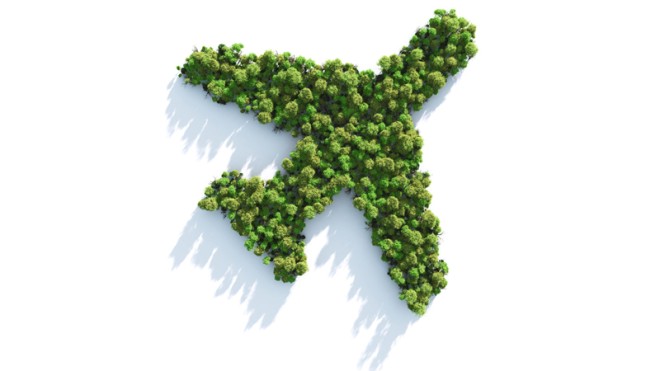Norsk e-Fuel bags $5m investment, signs offtake agreements

Norwegian Airlines announced its plans to invest additional $5m in to Norsk e-Fuel to secure early access to the sustainable aviation fuel (SAF).
Norsk e-Fuel also signed an offtake agreement with Norwegian and Cargolux Airlines. The total volume of the offtake agreements covers more than 140,000 tons of SAF supply. In addition, the two companies will provide strategic support for the development of two additional production facilities by 2030.
“Cargolux is proud to join the Norsk e-Fuel project. E-Fuel will be a major pillar to achieve net zero carbon emissions by 2050 in aviation. E-Fuels are based on abundant feedstock such as carbon dioxide and when produced with green electricity, this project will provide one of the highest greenhouse gas savings compared to conventional jet fuel,” says Richard Forson, CEO, Cargolux.
“We welcome the collaboration opportunities with Norsk e-Fuel. Together, we now embark on a journey towards the next generation fossil free jet fuels. Such SAFs will be in high demand in the years to come,” adds Geir Karlsen, CEO of Norwegian.
Norsk e-Fuel is targeting to supply e-fuels to the aviation industry by 2026.
Backed by a strong shareholder and partner network, the company looks to increasing production with two additional plants by 2030.
Earlier this week, Norsk e-Fuel announced a collaboration agreement with Gen2 Energy to plan Hydrogen production facilities in Mosjøen, Norway to double its originally planned SAF production volume from 25m litres to 50m litres per year at its Mosjoen SAF plant.
The first project (Nesbruket plant 1), expected to reach a planned investment decision later this year, is targeting export of green hydrogen across Europe. The second project (Nesbruket plant 2) is a scale up of the production capacity by using the land area next to Nesbruket plant 1 for production and supply of green hydrogen to the neighbouring company Norsk e-Fuel.
Norsk e-Fuel announced 24,000 square meters Mosjoen SAF plant to convert CO2 & water into e-fuels (synthetic fuels) for the decarbonization of the hard-to-electrify sectors such as the aviation industry.
In its 2022 project announcement, the company said the start of production was planned for 2024, with initial volumes of 12.5m liters of e-Fuel.
